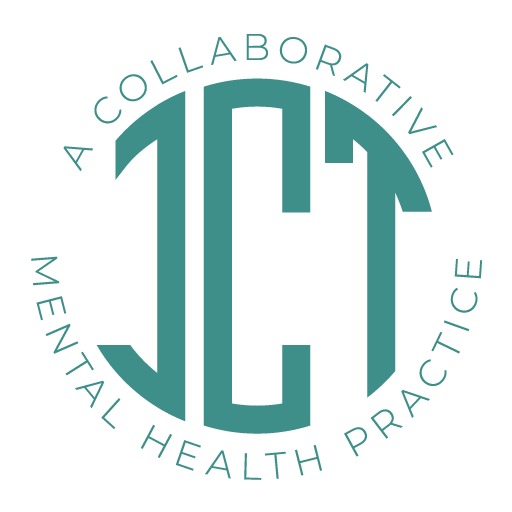As a Child and Youth Care Practitioner working with children, youth and families for many years now I appreciate the opportunity to discuss this topic. I believe it is helpful to understand there is a process towards helping support children as they engage in therapy/counselling.
Firstly I commend parents/guardians for seeking therapeutic guidance from a professional. This excites me because I believe that the earlier we can intervene the bigger the long-term impact we can have.

Things to Look for in a Child Therapist
- Someone your child is comfortable talking with; can he/she speak in a way your child understands?
- Someone willing to work with you and include you in the process but also respect the wishes of the child (children 12 years and older can consent to mental health counselling in Ontario, Canada)
- Does the therapist have the proper credentials to work with your child/youth?
- What is the cancellation policy?
- Is the therapist available between appointments for urgent matters? If so, what is this process?
- What strategies/theories does the therapist work with?
Doing your homework and seeking out the right fit for your child is important. This allows for a better therapeutic relationship, a critical point to a successful therapy experience.
First Visit, Preparation
Things NOT to tell your child:
- A therapist is not a “new friend”
- You have to go get fixed, avoid singling out your child as the problem
- You must go to therapy – counselling is voluntary and you cannot make your child go to counselling no matter what age they are, to do so diminishes the power of the therapeutic relationship before therapy even starts
- You will be grounded if you don’t go, or you will not be able to do….if you don’t go; using tactics to try and convince your child to attend therapy undermines the process
- Therapy is not “play time”; also it is suggested to leave siblings at home while attending therapy sessions with your child
Things it IS okay to tell your child:
- Therapy is not like the doctor’s office
- Therapy is not like having to go to the principal’s office; the therapist is not a teacher or a principal
- We will stay only as long as you are comfortable
- Things you say will be between you and the therapist
- Our family is working together to help you
- It won’t just be talking there will be activities to do too
- You are not alone
- I will support your decision to tell me or not what you talk about in your sessions
The Therapy Process
Know that counselling/therapy is not a quick fix and that things could get more challenging until they get better, this is normal. The average number of sessions varies depending on the individual and the complexities of the issues presented but generally expect at least 8-10 sessions. Therapy is a process, the best thing you can do is stay committed to it. During the on-going process of therapy ensure you are keeping up with the routine and consistency of appointments and that if you must miss an appointment to inform the therapist as soon as possible. Generally therapists require a minimum of 24 hours for a cancellation of appointments without charge. Bringing your child to all booked appointments helps build the therapeutic relationship, a critical point to a successful therapy experience. It may even mean missing school and other extra-curricular activities. The concentration of regular sessions is what helps your child move along towards growth and emotional development in a structured and safe environment.
Please refrain from expecting feedback from your child, don’t ask them what was talked about. This will contradict the therapist’s process and diminish the safe space for feelings. Sometimes having this type of discussion can be done in session openly but is up to the discretion of the therapist. Additionally there are some conversations that are not appropriate to have in front of your child. This is up to the discretion of both you and your therapist. Parents sometimes have their own ideas about what the child should be talking about to the therapist. Things like detailed updates are discouraged. It is important that your child be able to share these things in their own time. Respect your child’s privacy.
Staying committed to the therapy process will enable the development of a strong therapeutic relationship between your child and the therapist. This is a critical point to a successful therapy experience. Know that your best intention should always be to communicate with your child’s therapist about any concerns you may have (even if it means you feel uncomfortable). Together you can work through them. It is important to also know that ceasing counselling is not beneficial without at least one closing session. It is important for your child to have an appropriate and healthy good-bye. Give it your best intention to always ensure your child has a formal closing session for this reason and to ensure counselling will be something your child may look to in the future as being helpful.
Take Care of Yourself
As mentioned earlier I commend parents/guardians for seeking therapeutic guidance from a professional. This is an opportunity to intervene early and have a positive impact on your child’s mental health and well-being. But it can also be challenging and hard for you. This is an emotional time and sometimes children can take out their frustrations on those closest to them. Take care of yourself, don’t blame yourself. You are not a bad parent. Reach out to your support system, do things you love to do and replenish yourself whenever you can. This is a wonderful gift you can give your child.

